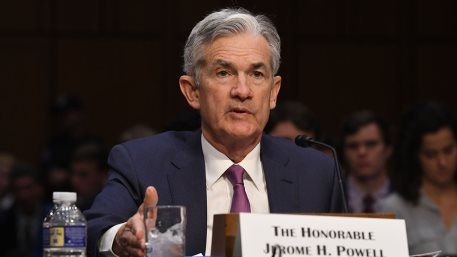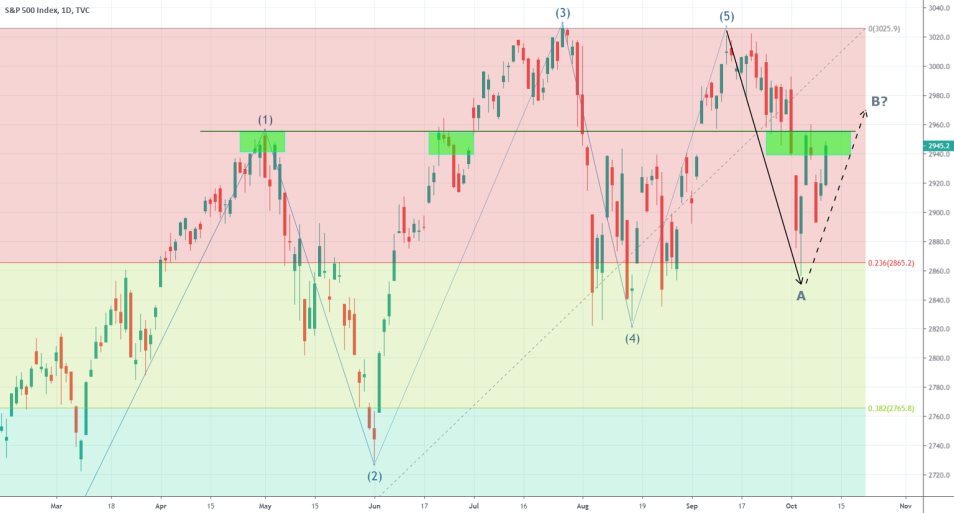
The Chairman of the Federal Open Markets Committee Jerome Powell participated in a panel discussion for the so-called Fed Listens event, which was hosted by the Kansas City branch of the Federal Reserve Bank.
Mr Powell’s opening speech initiated the event and reflected on the primary purpose of the panel, which is for businesses and organizations that are directly dependent on the efficiency of the monetary policy to give their opinions and remarks on the FED’s job so far.
“The Reserve Banks and the Board have been holding Fed Listens events around the country as part of a comprehensive and public review of our monetary policy strategy, tools, and communications practices. […] We have invited you here because we want to better understand how monetary policy affects your lives and the lives of the people your organizations represent. We want to hear your perspective on maximum employment and price stability—the monetary policy goals Congress has assigned us.”
The speech did not provide many insights into possible future monetary decisions on the part of the FED, however, Powell promised that the collected opinions from every Fed Listens event would be carefully scrutinized by the end of the first fiscal quarter of 2020 and can, therefore, play a crucial role in future policy.
Arguably the focal point of Powell's overall message was the assertion that presently, the US economy is in what he likes to call 'a good place
"The U.S. economy, like other advanced economies around the world, is facing some longer-term challenges—from low growth, low inflation, and low interest rates. While slow growth is obviously not good, you may be asking, "What's wrong with low inflation and low interest rates?" Low can be good, but when inflation—and, consequently, interest rates—are too low, the Fed and other central banks have less room to cut rates to support the economy during downturns."
Even though these remarks are not directly inspired by some upcoming monetary policy changes, the vision of FED’s chair is more than apparent – he is reluctant to lower the interest rate any further unless it is absolutely evident that it has to be done so.
It is much likelier for the FOMC to support rate hikes whenever the global trade tensions and uncertainties start to fade away, as there will no longer be a need for preventive stance on the part of the Committee.
Following the second to last reduction of the rate by 25 basis points on the 31st of July, Jerome Powell supported the decision by arguing that it was ` sort of an insurance cut and not a data-dependent cut’ (You can read more about the circumstances leading up to that particular monetary policy decision here).
Consequently, the aforementioned insurance is only needed whenever there are sizable downside risks to growth on a global scale. For the time being, however, these issues are not yet resolved, and the FED is likely to maintain the low interest rates as they are.
The S&P 500 is meanwhile trading at around 2944, which is just ten basis points below the minor resistance level at 2955. The price of the index appears to be forming an Elliott Corrective Swing.





















